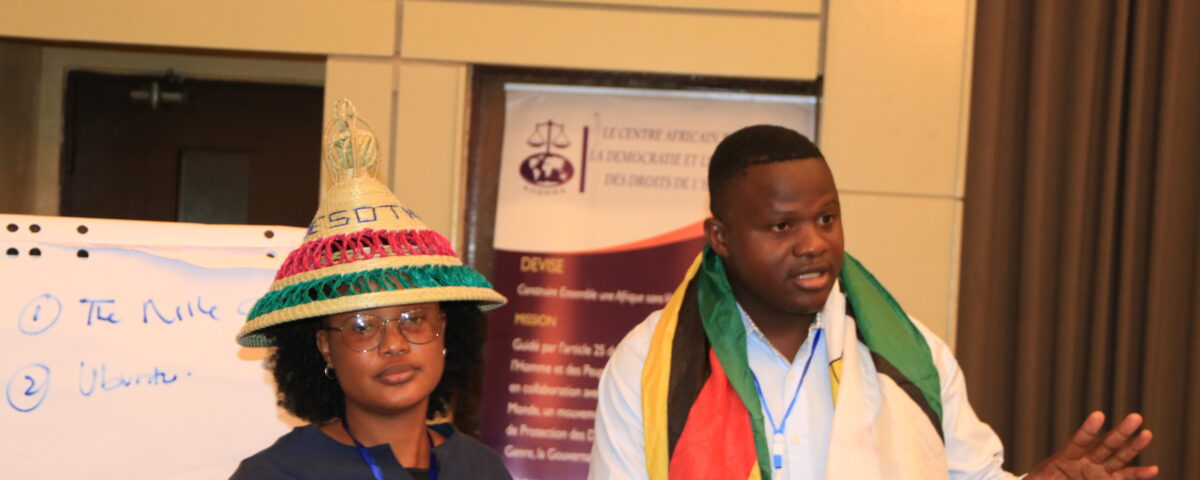Dr. Mohammed Djalel Benabdoun, the ACHPR Focal Point on State Reporting, provided an in-depth overview of the framework guiding state reporting to the African Commission on Human and Peoples’ Rights (ACHPR). He emphasized that reporting is a fundamental obligation for states under the African Charter and is not merely optional.
Key Frameworks for Reporting
Dr. Benabdoun outlined the various instruments guiding state reporting, including:
- The African Charter: The foundational document for human rights in Africa.
- Article 26 of the Maputo Protocol: Advocates for several rights and mandates periodic reporting by states.
- Article 62 of the Geneva Convention: Further reinforces states’ responsibilities.
He stressed that states must sign ratified documents to demonstrate their political commitment to implementing the Charter’s provisions.
Role of Civil Society Organizations (CSOs)
A significant aspect of Dr. Benabdoun’s presentation was the involvement of civil society organizations (CSOs) in the reporting process. He highlighted that:
- CSOs play a crucial role in drafting state reports, ensuring diverse stakeholder voices are included.
- CSOs with observer status can intervene during the reporting process and contribute valuable firsthand information.
- Other organized groups should also be encouraged to participate in state reporting, not just CSOs.
Dr. Benabdoun called for greater inclusion of civil societies, religious leaders, and NGOs in drafting periodic reports.
Challenges in State Reporting
During the session, participants raised concerns about the frequent failure of states to submit reports, which constitutes a violation of Article 26 of the Maputo Protocol. Mr. Sall from Senegal noted that many states, including Banjul, neglect their reporting obligations. Mr. Musa Dibba from The Gambia questioned whether CSOs should submit shadow reports instead.
Dr. Benabdoun acknowledged that Article 62 of the Maputo Protocol is one of the most violated articles due to various challenges:
- The overwhelming number of international reports states must submit.
- Financial constraints hindering effective reporting.
- States often prioritize their reports to Geneva over those required by Banjul.
Importance of Shadow Reporting
Commissioner Litha emphasized the significance of shadow reporting, which can reveal issues that governments may overlook or omit in their official submissions. She argued that even when reservations exist during ratification, having laws ratified with reservations is preferable to leaving them unratified.
Dr. Benabdoun reiterated the importance of engaging civil society in the state reporting process. He expressed concern that six states have never submitted a report and emphasized the Commission’s commitment to engaging these states to ensure compliance with their obligations. The session underscored that effective state reporting is essential for accountability and progress in human rights implementation across Africa.


